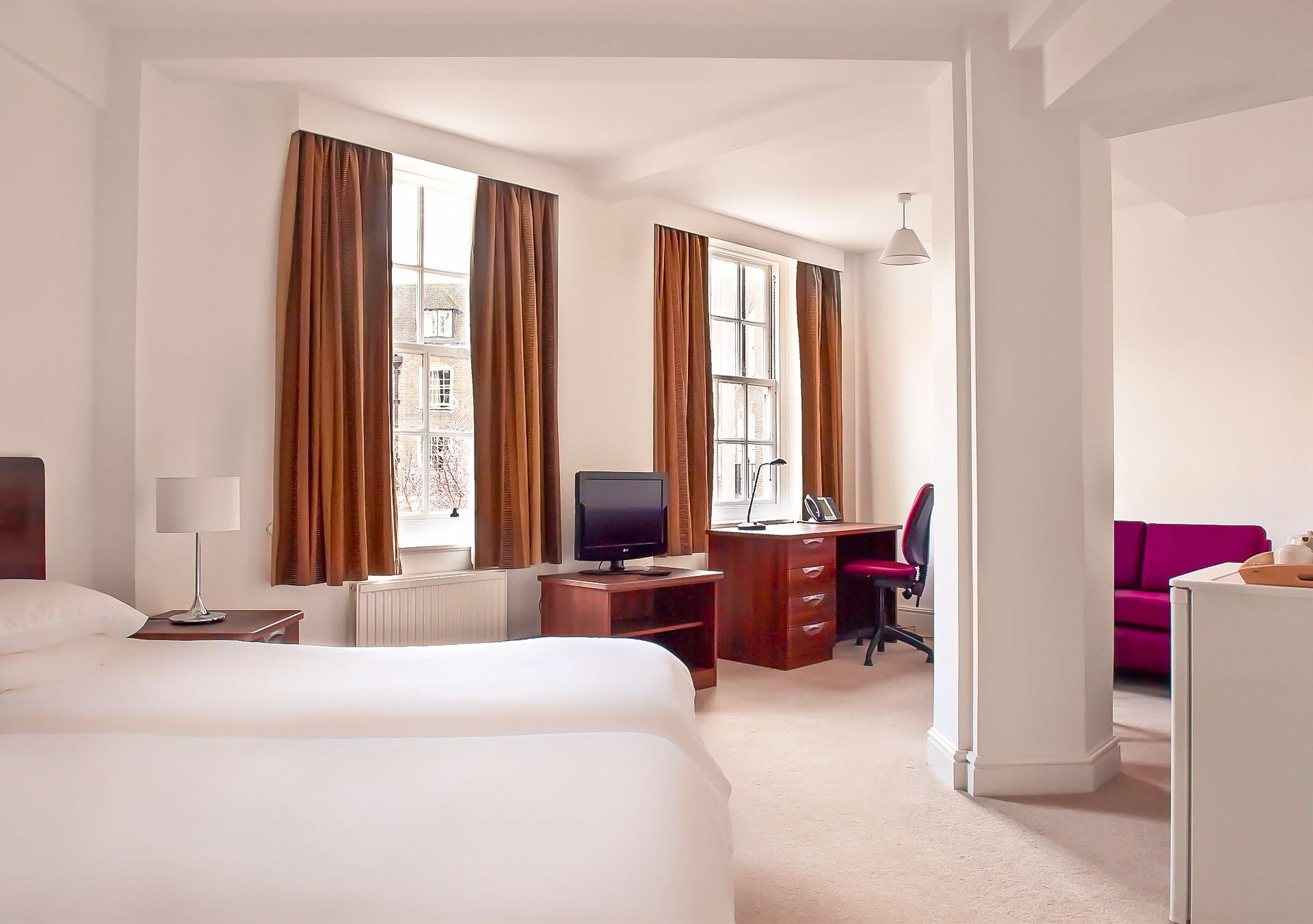Menschen haben sich mindestens seit der Bronzezeit in der Gegend von Edinburgh niedergelassen und Spuren primitiver Steinsiedlungen in Holyrood, Craiglockhart Hill und den Pentland Hills hinterlassen.
Im Jahr 1492 verpflichtete sich König James IV. von Schottland, den königlichen Hof von Stirling nach Holyrood zu verlegen und Edinburgh zur Landeshauptstadt zu machen. Edinburgh blühte während der Renaissance weiterhin wirtschaftlich und kulturell auf und war das Zentrum der schottischen Reformation im 16. Jahrhundert und hundert Jahre später der Bundeskriege.
Im Jahr 1603 bestieg König James VI. von Schottland den englischen und irischen Thron und verwirklichte damit seinen Ehrgeiz, ein vereintes Königreich unter der Stewart-Monarchie zu schaffen. Obwohl er das schottische Parlament in Edinburgh behielt, marschierte er nach London, um von seinem dortigen Thron aus zu regieren. Er ordnete an, dass jedes öffentliche Gebäude im Land das Emblem seiner Familie, den roten Löwen, tragen sollte, und bis heute ist der gebräuchlichste Name für ein öffentliches Haus in Großbritannien „Roter Löwe“.
Im Jahr 1639 führten Streitigkeiten zwischen den Presbyterian Covenanters und der anglikanischen Kirche zu den Bischofskriegen, einem Auftakt zum Englischen Bürgerkrieg. Während des Dritten Englischen Bürgerkriegs wurde Edinburgh von den Commonwealth-Streitkräften von Oliver Cromwell eingenommen, bevor Karl II. schließlich in der Schlacht von Worcester besiegt wurde.
Im 19. Jahrhundert industrialisierte sich Edinburgh wie viele andere Städte, wuchs jedoch nicht so schnell wie Schottlands zweitgrößte Stadt, Glasgow, das sie als größte Stadt des Landes ablöste und auf dem Höhepunkt des britischen Empire stark davon profitierte.
Edinburgh: die Universität
Die 1582 gegründete University of Edinburgh ist ein international renommiertes Zentrum für Lehre und Forschung. Es war die vierte Universität, die in Schottland gegründet wurde, und ist damit eine der ältesten Universitäten des Vereinigten Königreichs. Die Gründung der Universität wird Bischof Robert Reid von der St. Magnus-Kathedrale in Kirkwall, Orkney, zugeschrieben, der bei seinem Tod im Jahr 1558 die Mittel hinterließ, die letztendlich die Stiftung der Universität sicherten. Die Universität wurde durch eine königliche Charta von James VI. im Jahr 1582 gegründet und war damit die vierte schottische Universität zu einer Zeit, als das bevölkerungsreichere Nachbarland England nur zwei hatte.
Berühmte Alumni:
Es gab viele bemerkenswerte Absolventen und Lehrkräfte der Universität, darunter den Wirtschaftswissenschaftler Adam Smith, die Unterzeichner der US-Unabhängigkeitserklärung James Wilson und John Witherspoon, die Premierminister Gordon Brown, Lord Palmerston und Lord John Russell, den Ingenieur Alexander Graham Bell und den Naturforscher Charles Darwin und Biologe Ian Wilmut, Physiker James Clerk Maxwell, Max Born, Sir David Brewster, Tom Kibble, Peter Guthrie Tait und Peter Higgs, Schriftsteller Sir Arthur Conan Doyle, Robert Louis Stevenson, JM Barrie und Sir Walter Scott, Schauspieler Ian Charleson, Komponisten Kenneth Leighton, James MacMillan und der Dichter William Wordsworth.
